Refrigeration and Heat Pump Technology

Overall Course Objectives
The students are enabled to contribute to the implementation and development of refrigeration systems and heat pumps, such as e.g. district heating and cooling systems, cooling and heating of industrial processes, domestic applications, supermarket cooling systems and many more. This is achieved through in-depth theory teaching with subsequent project work in which a self-selected system is designed, modelled and simulated. Both the system level, component level and control strategies are targeted.
Particular attention is paid to systems based on natural and future-proof refrigerants that minimize harmful effects on the ozone layer and the potential for global warming. Also, special attention is paid to high-efficient systems that help to minimize energy consumption and will play a significant role in the electrification and green conversion of the heating sector for both household and industry.
Learning Objectives
- Calculate cooling and heating loads for different applications
- Select a suitable refrigerant for a given application and explain safety issues and environmental consequences of a refrigerant
- Analyse practical vapour compression refrigeration cycles and heat pump cycles by numerical modelling and simulation and by use of log(p)h-diagrams
- Describe the function of control and automation of refrigeration plants and heat pumps
- Asses different control strategies considering the energy consumption of a refrigeration system or heat pump
- Apply compressor polynomials in order to calculate compressor efficiencies
- Select and apply suitable correlations to calculate heat transfer coefficients and pressure loss for both single and two-phase flow
- Calculate the required heat transfer area for evaporators and condensers at a given load
- Perform calculations on moist air processes in air coolers, evaporative condensers and cooling towers
- Conduct a design project in a group, where a refrigeration system or heat pump with all its components is dimensioned and modelled using the software EES
Course Content
The course deals with refrigeration systems and heat pumps with focus on the most widely used vapour compression cycles. Alternative methods such as heat driven cooling and ejector systems are briefly introduced.
Part of the course is to conduct a design project in a group. In the project a refrigeration plant or heat pump for a chosen application is dimensioned and modelled. This includes overall system modelling of the refrigeration plant as well as detailed modelling of the most important components (evaporator, compressor and condenser).
The theory of the course, which is covered in lectures and exercises features:
– Outline of typical cycles and how to model these
– Refrigerants and safety and environmental issues related to refrigerants
– Heat transfer calculations in heat exchangers, including an introduction to two-phase flow
– Compressor types and efficiencies
– Moist air processes
– Control strategies in refrigeration systems and heat pumps
Teaching Method
Lectures, problem solving, project work


